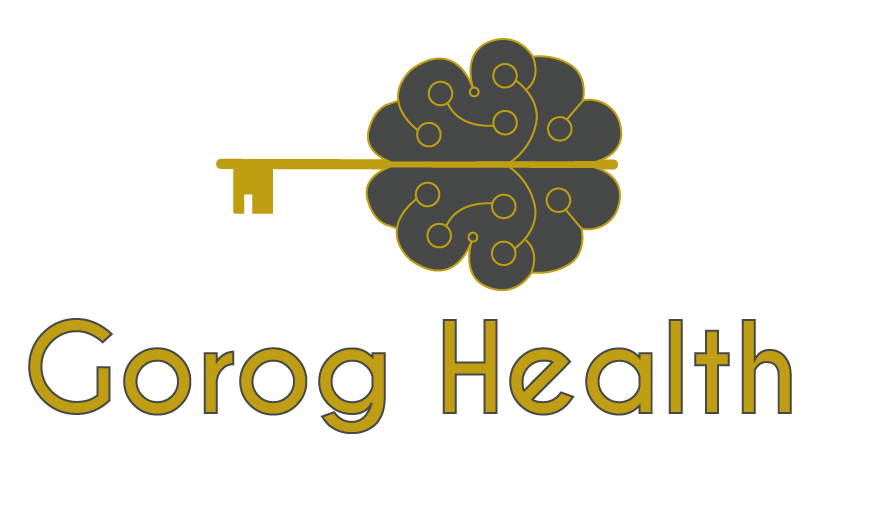EATING DISORDER TREATMENT & THERAPY IN DENVER, CO
At Gorog Health, I view the symptoms of an eating disorder through a functional lens, which means I look at the function of the behavior rather than looking at it as an identity. I do not believe that someone needs to struggle with or have an eating disorder for the rest of their lives, and that by implementing a holistic and comprehensive approach, we can achieve balance.
I use a person-centered approach for eating disorder treatment, which means that I adapt my treatment based upon the unique biopsychosocial aspects of the person causing and maintaining one’s symptoms, instead of just treating the symptoms irrespective of the person. This holistic approach allows me to adapt my conceptualization and treatment approach to the individual.
This individual approach allows me to treat a variety of eating disorders effectively, including Anorexia Nervosa, Bulimia, Binge Eating Disorder, Orthorexia, Diabulimia, ARFID (Avoidant Restrictive Food Intake Disorder), and Unspecified Eating Disorder.
Eating Disorder Treatment
As an Eating Disorder Therapist in Denver, and a trained health psychologist, I implement biofeedback and yoga practices while treating eating disorders, which allows me to have a more comprehensive and dynamic approach. I utilize biofeedback for grounding, stress management, emotional regulation, and increasing body awareness/connection to one’s body. These approaches are coupled with more common 3rd wave behavioral treatment approaches like ACT mindfulness skills and CBT. By utilizing biofeedback and yoga practice in our treatment, I am able to provide a ‘bottom-up’ approach that enhances our top-down work (cognitive behavioral therapy work).
how do you know if you have an eating disorder?
Diagnostic criteria differs for each individual eating disorder, however they all can be more generally characterized by a persistent disturbance of eating or eating related behaviors that result in the altered consumption or absorption of food that significantly impairs physical health or psychosocial functioning (5th ed.; DSM–5; American Psychiatric Association, 2013).
Typically, I recommend if you are preoccupied by food, and/or body image, experiencing patterns of compulsive eating, and then these behaviors or preoccupations interfere with your self esteem, relationships, school, career, or other areas of functioning it is important to see a psychologist to seek evidence based therapy or treatment.
Eating disorder treatment should be specifically designed for each person; there is no “one size fits all” solution. If you are struggling with an eating disorder, are unsure if you might be, or looking to see if early symptoms of eating disorders are manifesting in your own life, contact Dr. Lauren Gorog today to learn more about a holistic approach to eating disorder treatment in Denver, CO.
American Psychiatric Association. (2013). Diagnostic and statistical manual of mental disorders (5th ed.). https://doi.org/10.1176/appi.books.9780890425596



